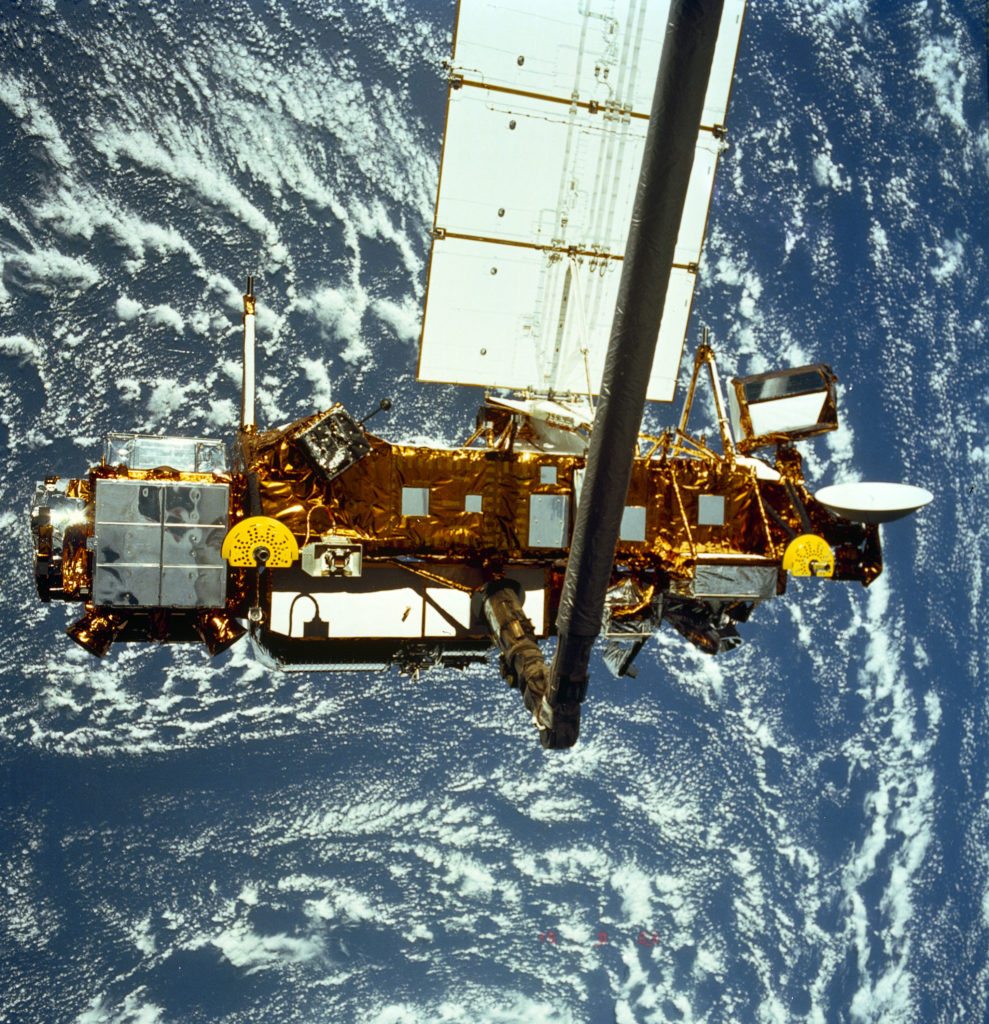Warwick undergraduates to launch satellite into orbit
A team of nine undergraduates from Warwick University’s School of Engineering is primed to launch its own satellite into space in March.
The Warwick University Satellite Team (WUSAT) is currently in the final stages of designing, manufacturing and testing their satellite named WUSAT2, set to launch from Sweden.
WUSAT is currently in their eighth year of operation and have been developing their Cubesat satellite since 2012. Previous members have worked on the design and electrical power supply system of the European Student Moon Orbiter satellite.
The team was the only British team selected by the Swedish National Space Board and the European Space Agency for the launch as part of the 2014/15 German-Swedish Rocket Experiments for University Students (REXUS) programme.
WUSAT2 will be launched via a REXUS rocket from Esrange Space Centre in Sweden. In March, the team spent a week at the space centre for the preliminary design review stage of their project.
The current team took over the reins of this two-year project at the beginning of this term. With the supervision of project director Dr Bill Crofts and sponsorship of many collaborating companies, including Harwin and Solidworks, the team has developed their satellite through the demanding review stages of the launch programme.
Dr Crofts said: “Being selected for the European Space Agency launch is a great achievement on behalf of all the students in the group.
“We want our engineering students to get hands-on experience on working on the kinds of projects they will be working on when they go out into the working world after graduation.”
WUSAT has recently passed their Experiment Acceptance Review and has also completed various rigorous reviews by European Space Agency experts. Two team members will also be travelling to Bremen, Germany, in December as part of the integration and testing campaign of the satellite.
Prior to the launch next March, the WUSAT2 will undergo final testing in January. A successful launch will allow the WUSAT2 to take samples of atmospheric light data and gather data about the solar spectrum of the Earth.
To keep up with the team during the remaining procedures as well as during the 13-day launch campaign, visit Warwick University Satellite on Facebook.

Comments